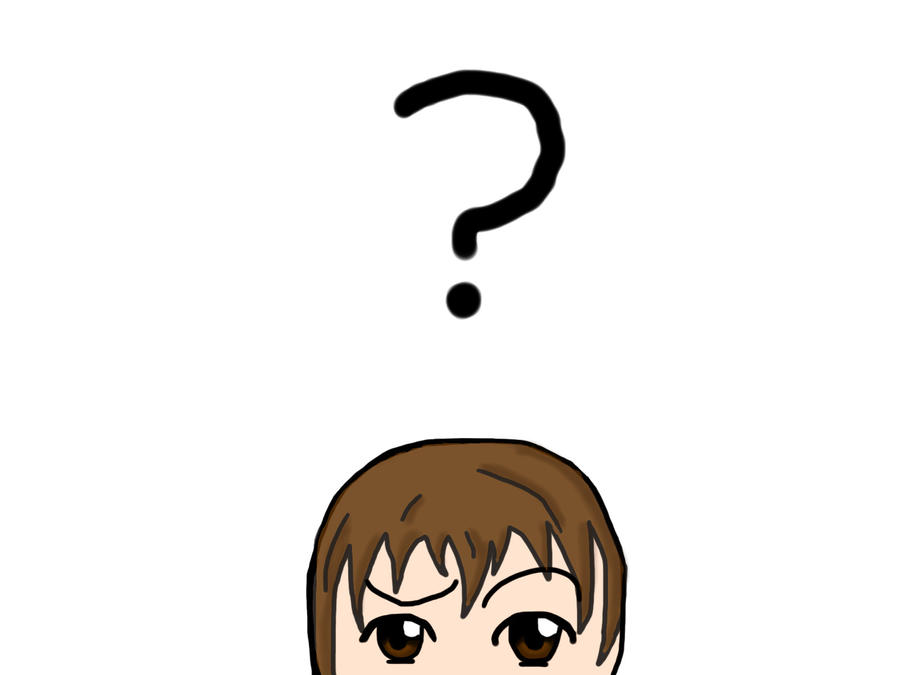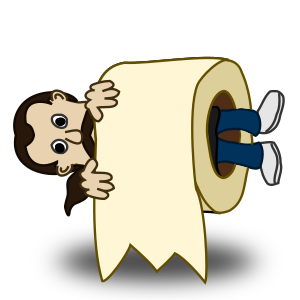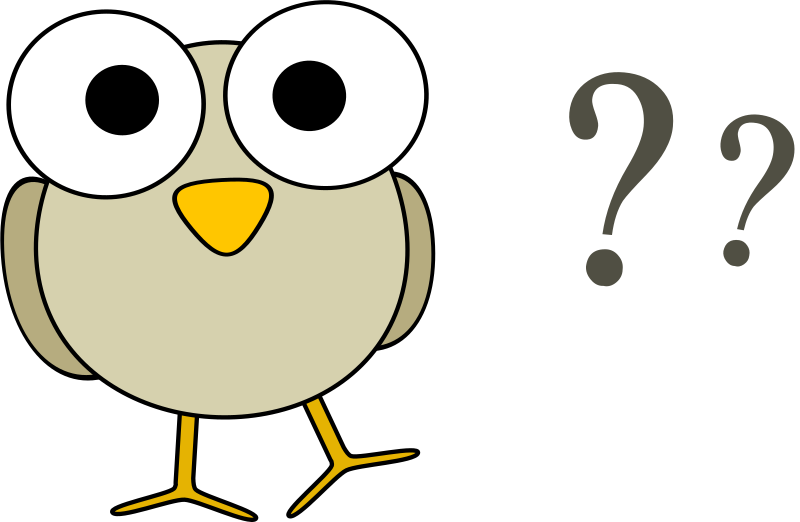Genre: Science Fiction/Fantasy
Rating: 4 Guitars
Synopsis:
Andora Clabar-Bankov is struggling to cling to her uncle's shattered corporate empire. She's obsessed with restoring it to greatness and cleansing the stain of a generation-old betrayal. But her estranged husband has other ambitions and plans to seize the remains of L.J.C Enterprises for himself.
Khali and Tarik Al Saad are the sons of one of the Wolf Republic's greatest heroes, but that's all they have in common. Tarik is a world-weary soldier who now opposes a government he feels has lost its way. Khali is an ambitious war hawk who resents his brother's politics and what they are doing to his career.
But, as the galazy inches closer and closer to war, it becomes clear that all is not as it seems. A horrible conspiracy begins to come into focus and the galazy will need heroes on both sides to stop this madness Can Tarik and Khali work together to stop the Wolf blood lust? Can Andora put aside her imperial dreams and Wolf animosities in time to save the galazy from self-destruction? And, can they do anything about the shadowy new empire that threatens to rise from the ashes?
Get this gripping page-turner and find out!
Why it Rocked:
After a considerable amount of time away from this book series I was worried that I would lose the spark that the characters had in the first book. But once again I found myself diving head first into an awesome world and surrounded by brilliant characters. While I definitely liked the first book better than the second I was very pleased to discover that this book was no less action packed than the first. It took me into a world that I was familiar with and expanded and shaped it around me. I enjoyed the fact that, like in the first book, the characters were well developed and had the ability to connect with the reader. I will say once again that I had to readjust my reading style a bit to get back into the flow of this book but once I did it was an easy and engaging read. Well done to the author T. Allen Diaz! I hope to read more of your books in the future!
Check out the first book: Procythian Reign

































